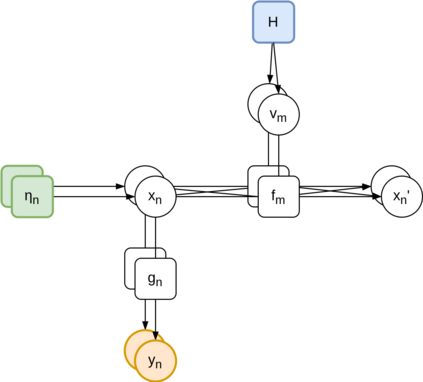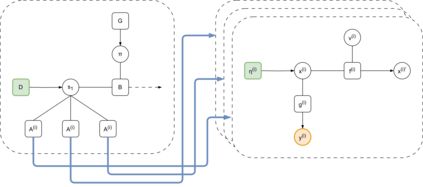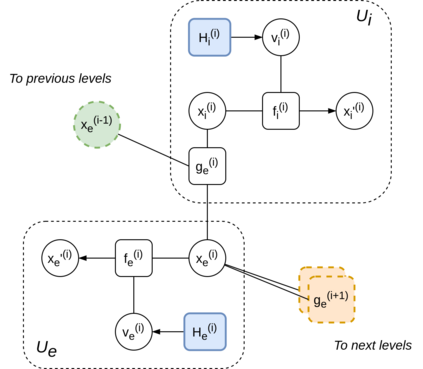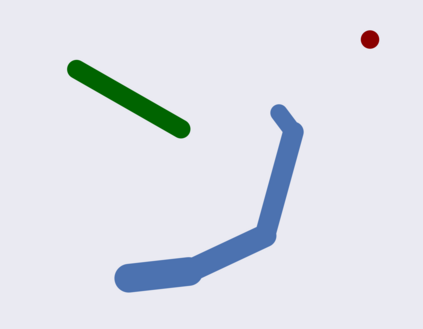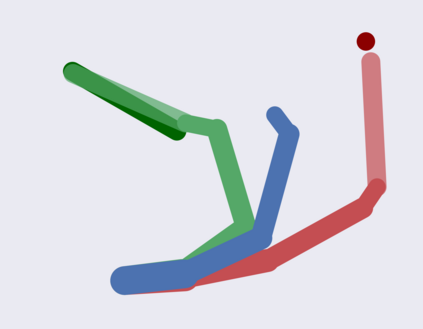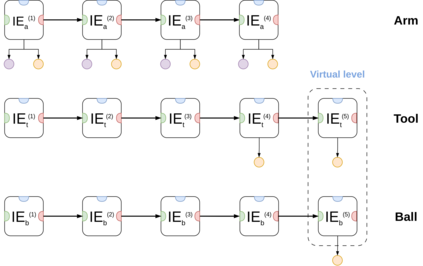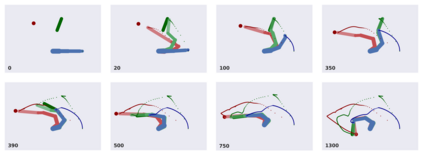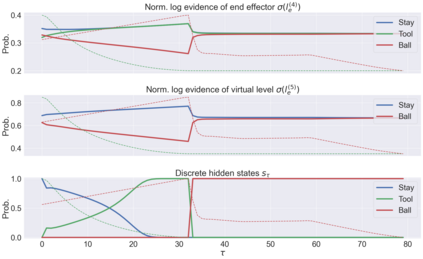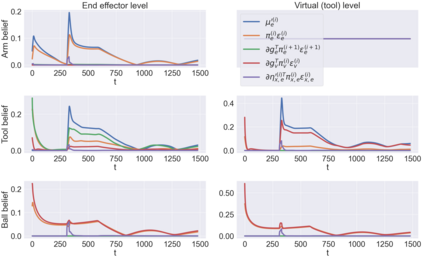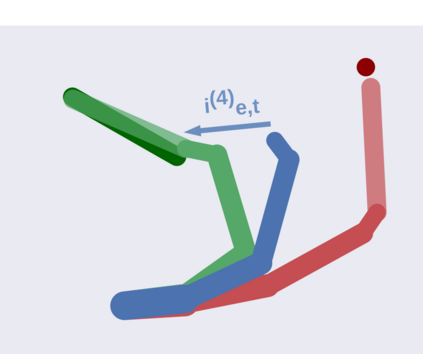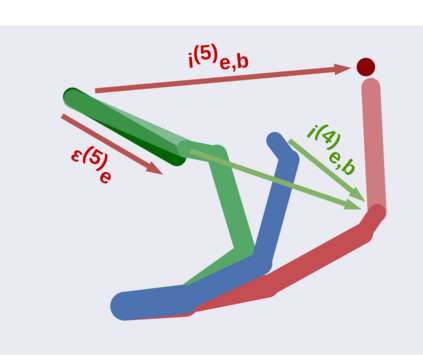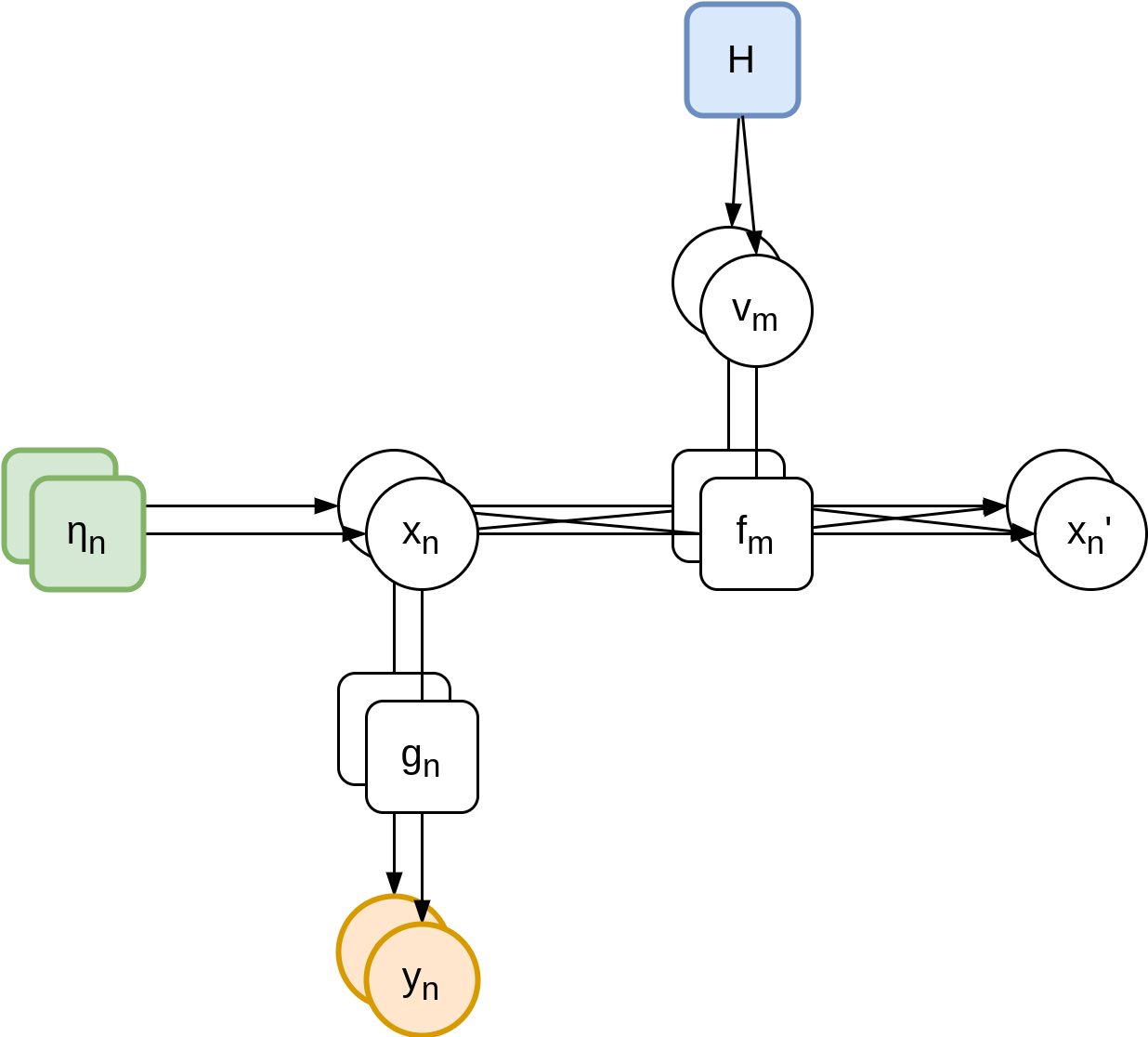Determining an optimal plan to accomplish a goal is a hard problem in realistic scenarios, which often comprise dynamic and causal relationships between several entities. Although traditionally such problems have been tackled with optimal control and reinforcement learning, a recent biologically-motivated proposal casts planning and control as an inference process. Among these new approaches, one is particularly promising: active inference. This new paradigm assumes that action and perception are two complementary aspects of life whereby the role of the former is to fulfill the predictions inferred by the latter. In this study, we present an effective solution, based on active inference, to complex control tasks. The proposed architecture exploits hybrid (discrete and continuous) processing to construct a hierarchical and dynamic representation of the self and the environment, which is then used to produce a flexible plan consisting of subgoals at different temporal scales. We evaluate this deep hybrid model on a non-trivial task: reaching a moving object after having picked a moving tool. This study extends past work on planning as inference and advances an alternative direction to optimal control and reinforcement learning.
翻译:暂无翻译

